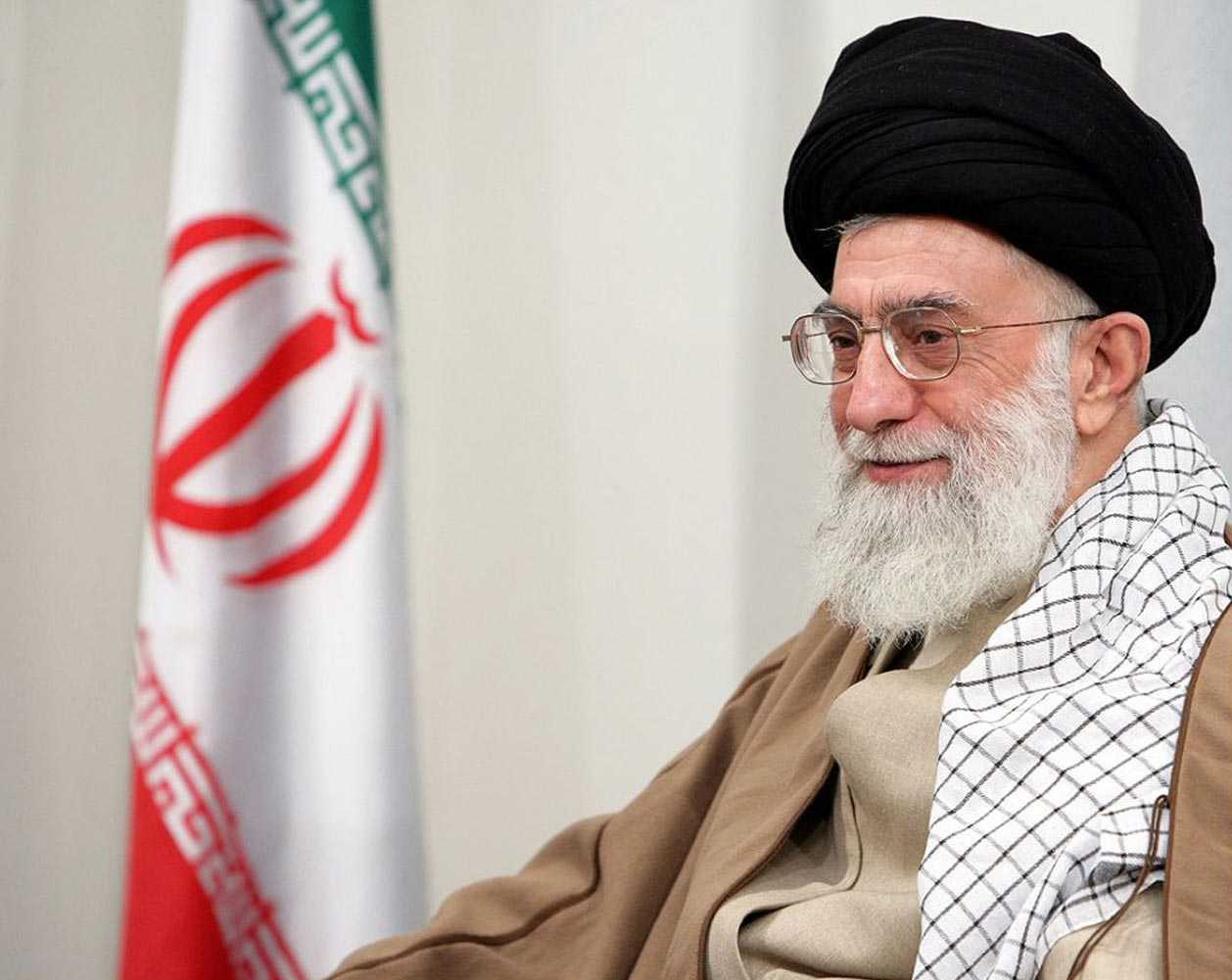Tuesday, 17 November 2009
Meir Javedanfar: As Ayatollah Khamenei sidles up to Recep Tayyip Erdogan, he could learn from Turkey’s leader about balancing his alliances

The famous Chinese strategist, Sun Tzu, wrote in his book, The Art of War: “If an enemy has alliances, the problem is grave and the enemy’s position strong; if he has no alliances, the problem is minor and the enemy’s position weak.”
Iran’s supreme leader, Ayatollah Ali Khamenei, is currently witnessing how the US, which he sees as the enemy for his nuclear ambitions, is working hard on building alliances, including with Russia. Khamenei is not happy.
So much so that Iran recently cancelled a deal with Russia to launch its communication satellite, and turned to Italy instead. This is in addition to recent complaints from Tehran regarding delays from Russia in the delivery of the S-300 anti-aircraft system. Until recently, Tehran kept its complaints away from the cameras and behind closed doors. But now that Khamenei sees the Russians as disloyal, his regime is not shy about airing its criticism publicly.
The Iranian government has decided to take the initiative and to look for a new partner to replace the Russians. Judging by the recent flurry of visits between Tehran and Ankara, it seems that Khamenei has found a willing partner in Turkey.
Unlike Russia, Turkey does not have a veto in the UN security council. However, its stock in the Middle East and the Islamic world is certainly rising. Its prime minister, Recep Tayyip Erdogan, is being seen more and more as a credible defender of Islamic and Arab issues. Many people on the Arab street respect his leadership, as he was elected in a genuinely democratic elections. The same can not be said about Egypt’s president, Hosni Mubarak, or King Abdullah of Saudi Arabia, who received their posts undemocratically.
Erdogan’s relations with the US and the EU also count in his favour. Although he has recently been getting closer to his Muslim and Arab regional neighbours, he has not severed his ties with the west, but is masterfully playing both sides. His relations with the US are also not based on Turkey’s weaknesses. On one occasion, he resisted US pressure and even walked away from a promise of $6bn in grants and $20bn loan guarantees, because he did not find the agreement suitable. And his verbal attacks on Israel after the recent Gaza war have certainly helped his image in the region.
Now that Khamenei has turned down Barack Obama’s nuclear offer, he feels that the prospect of sanctions is greater. Therefore, he needs a change of strategy to deal with the expected difficult time ahead. One strategy is to turn his struggle against Obama into a new west v Islam confrontation. Judging by the recent international TV debate in Qatar, where Iran’s nuclear programme was discussed in front of a select audience from the Middle East, there certainly is sympathy for his position. As far as many people in the region are concerned, Iran’s nuclear programme is the only way to counter Israel’s superior balance of power. Therefore this is a viable strategy. And Erdogan’s rising popularity in the region, and Tehran’s improving relations with his administration, will be a feasible way for Khamenei to improve his own position during the difficult times ahead. The absence of progress in the Israeli-Palestinian peace track will also help him.
However, the Iranian supreme leader should be careful about how he approaches his relations with Turkey and the price he is willing to pay for it, both at home and abroad. According to the Iranian news website Khabar online, the Ahmadinejad government concluded a secret gas agreement with Turkey in late October, without informing parliament. After the news was recently leaked to the press, parliament launched a full investigation. There are now discussions about cancelling the whole deal if, as the members of parliament say, it is found to be against the country’s interests. Many people suspect that Khamenei offered the deal in unfavourably good conditions to Ankara, as a means of buying its loyalty. Judging by its results it seems to have worked. However, the domestic backlash could damage the legitimacy of his regime even further.
There is also the issue of the Bushehr nuclear power plant. Turkey can not complete it. Only Russia can. Khamenei turning his back on Moscow could be even more detrimental to this important and expensive project. Perhaps Khamenei could learn from the Turks, and instead of constantly changing one ally for another learn to balance his alliances.
UTV

